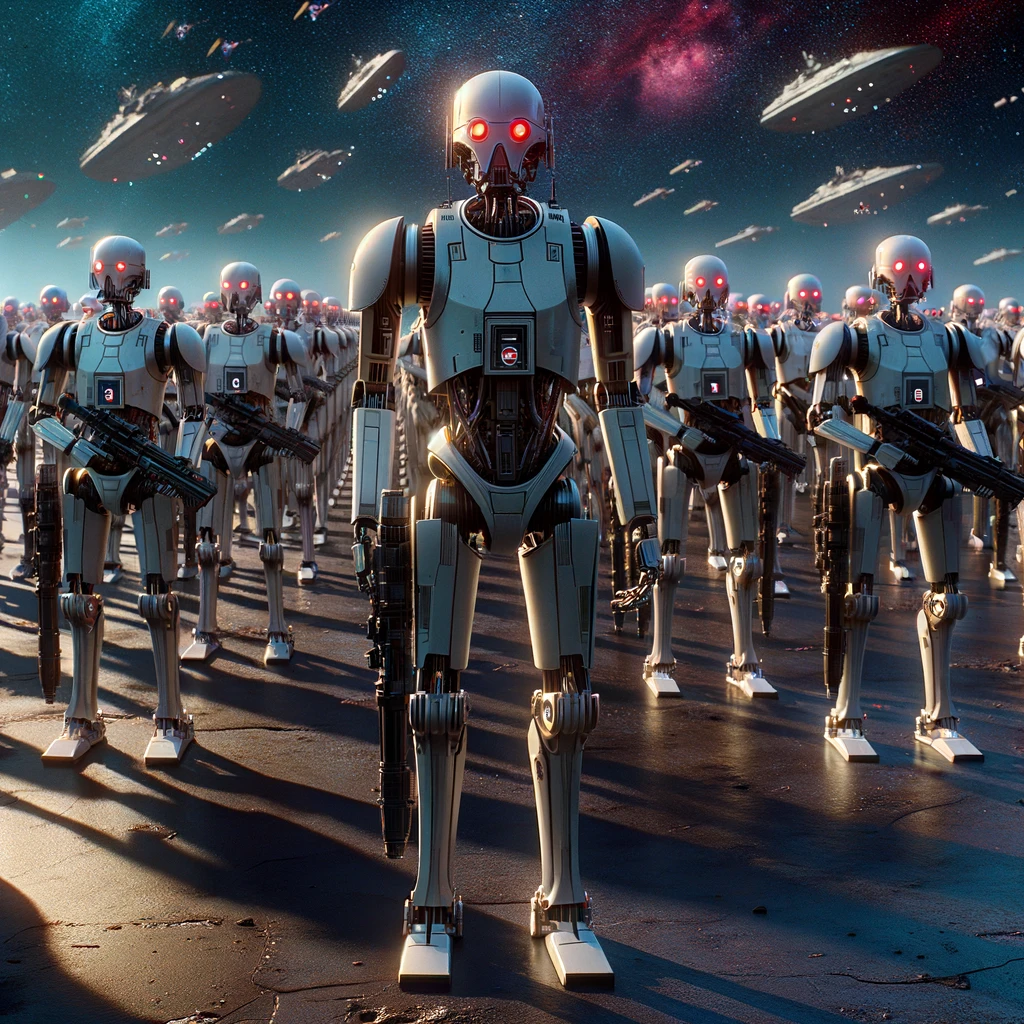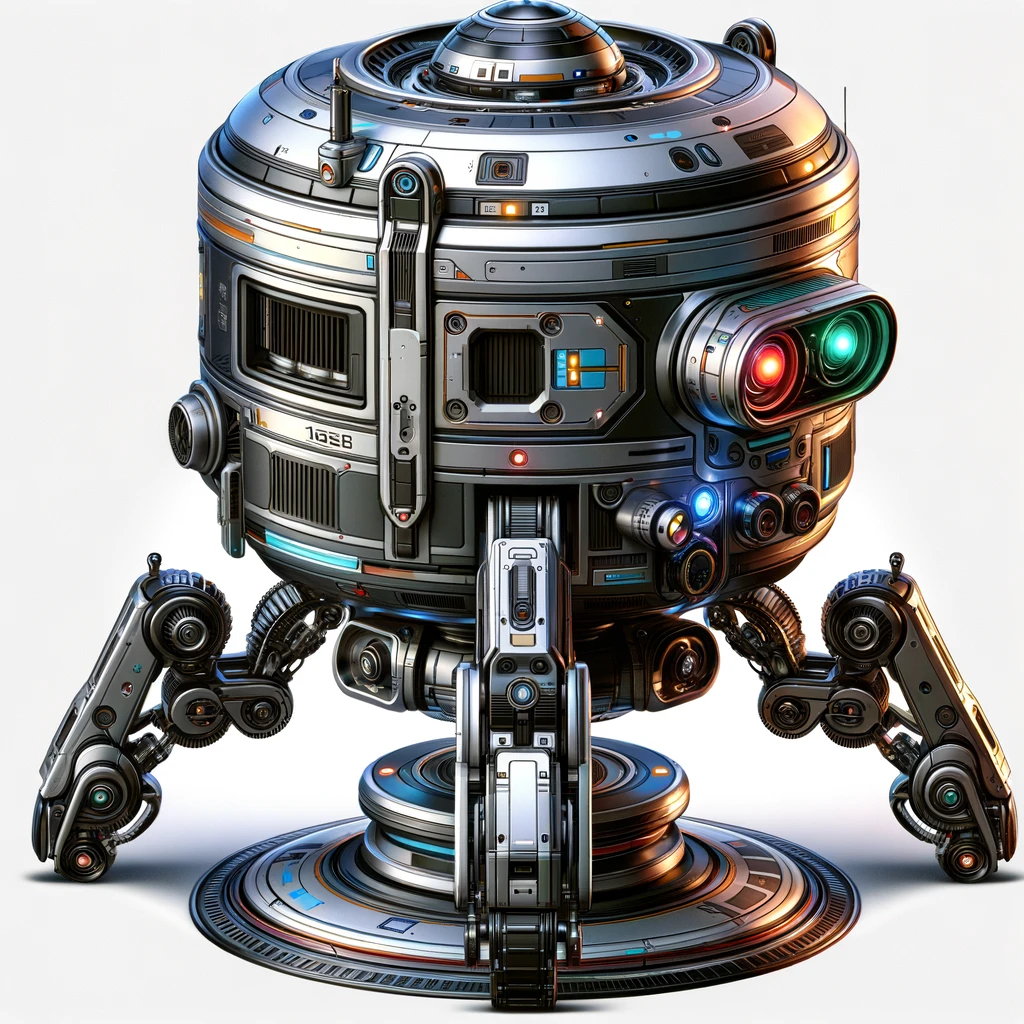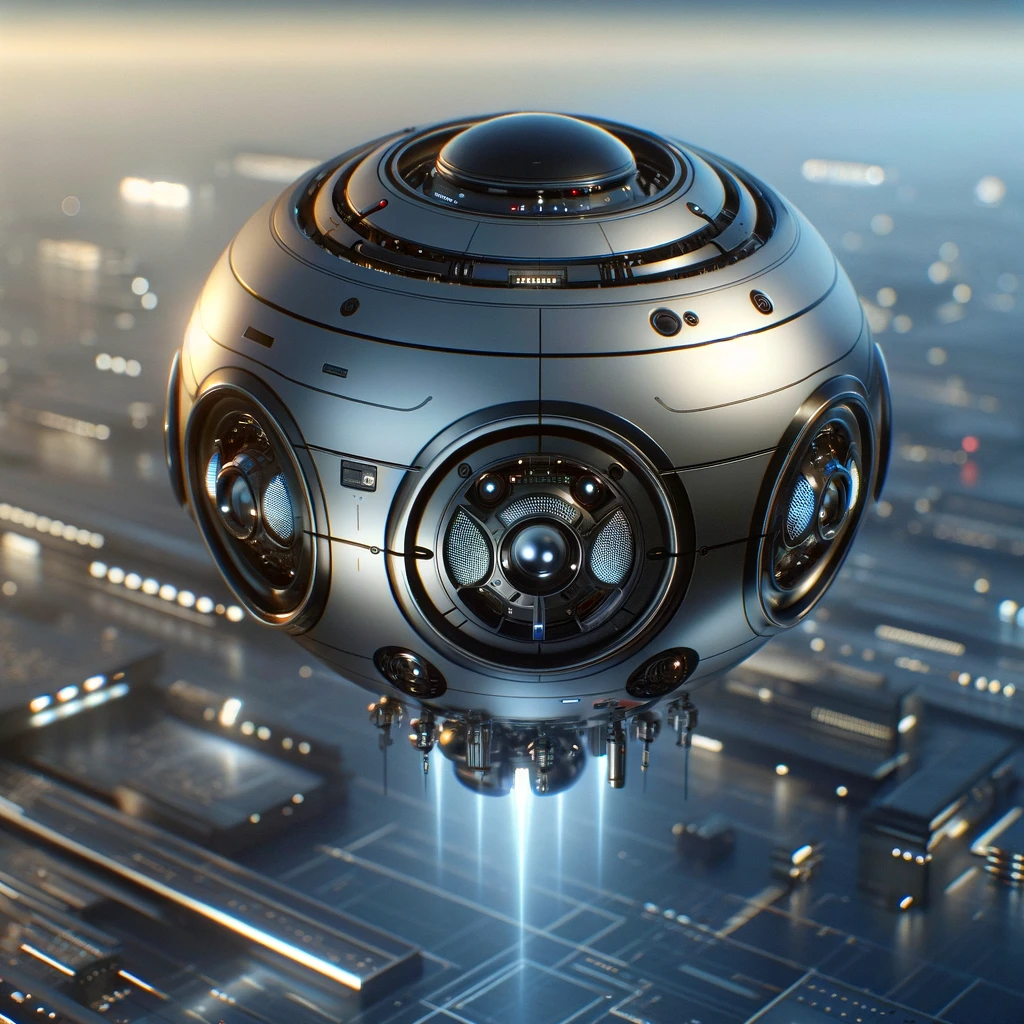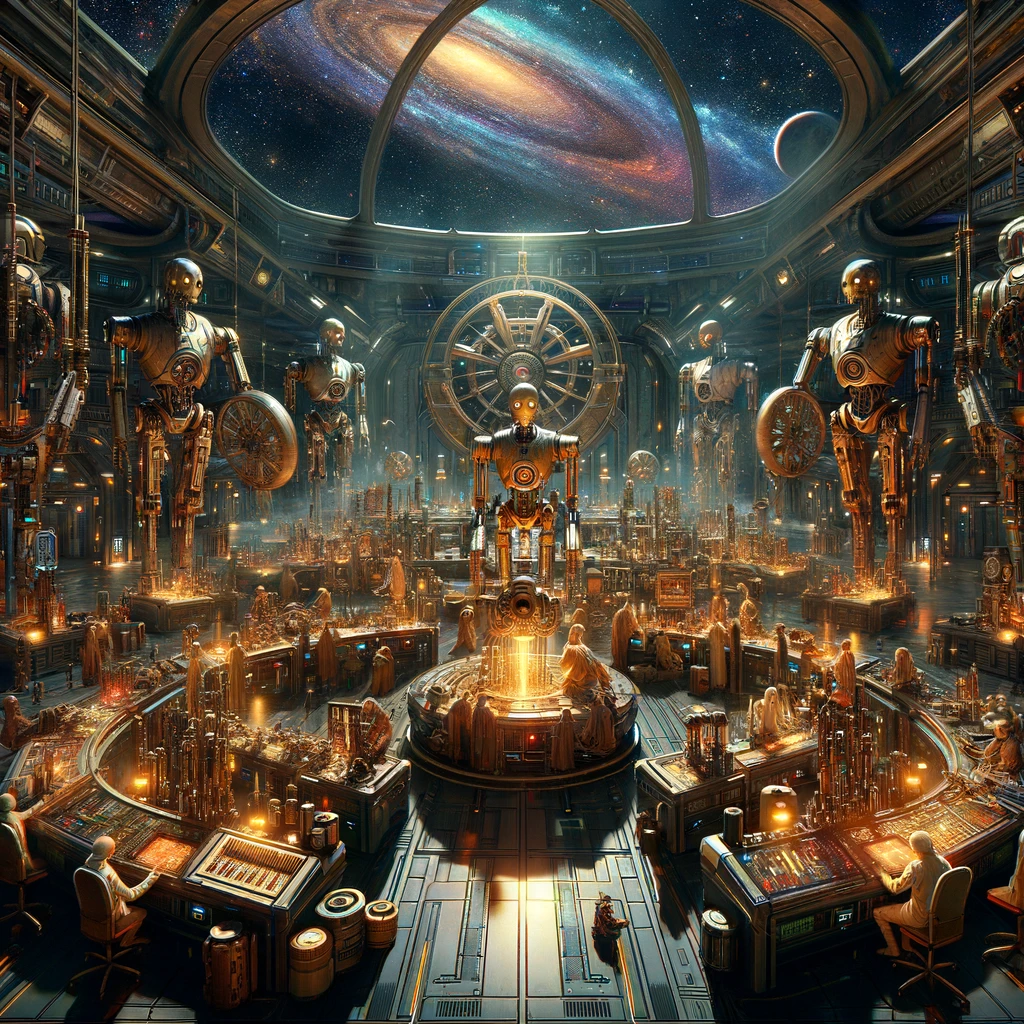The Star Wars saga, a cornerstone of science fiction, has long captivated audiences with its epic storytelling, intricate characters, and, notably, its innovative portrayal of droids. These mechanical beings, from the astute R2-D2 to the protocol droid C-3PO, play pivotal roles that extend far beyond mere assistance to their human counterparts. The droids in Star Wars not only add depth and humour to the narrative but also raise profound questions about sentience, autonomy, and the role of technology in society. This exploration delves into how droids reflect complex themes of intelligence and independence, mirroring real-world technological advancements and ethical dilemmas.

Droids in Star Wars: Characters with Depth
In the Star Wars universe, droids are much more than tools; they are characters with personality, autonomy, and a significant impact on the saga’s events. R2-D2, for instance, is renowned for his bravery and resourcefulness, often saving the day with actions that denote a high level of independent thought and moral reasoning. C-3PO, though more cautious and programmed for etiquette and protocol, exhibits a wide range of emotions, from fear to genuine concern for his companions. These portrayals challenge the notion of droids as mere machines, suggesting a level of sentience that blurs the lines between artificial and organic life forms.
This nuanced portrayal extends to droids like BB-8, whose unwavering dedication and quick thinking play crucial roles in the Resistance’s efforts. Similarly, the introduction of characters like K-2SO, with his blunt humour and ultimate sacrifice, and L3-37, with her strong-willed advocacy for droid rights, enriches the narrative landscape, prompting audiences to reflect on issues of autonomy, oppression, and the quest for self-determination.

The depiction of droids in Star Wars serves as a narrative vehicle to explore themes of intelligence, personality, and autonomy. Characters like K-2SO and L3-37 advocate for droid rights, highlighting the saga’s subtle commentary on slavery, free will, and the quest for self-determination. Through their stories, Star Wars poses critical questions about what it means to be sentient and the rights that come with such recognition.
Autonomy and the Quest for Identity
The autonomy of droids in Star Wars is a central theme that resonates with contemporary discussions on artificial intelligence (AI) and robotics. Droids like IG-11 demonstrate the ability to learn, adapt, and even override their initial programming for a greater cause. This level of autonomy raises intriguing questions about identity and self-awareness in machines. As we develop increasingly sophisticated AI in our world, the autonomous actions of *Star Wars* droids encourage us to consider the future of human-droid relationships and the ethical considerations of creating machines capable of independent thought and decision-making.
The quest for identity among droids, as seen through characters like L3-37, who seek not just freedom but equality, mirrors humanity’s existential inquiries. BB-8’s loyalty and bravery, for instance, showcase a droid’s capacity for friendship and heroism, challenging the perception of droids as lacking the depth of their human or alien counterparts. These narratives invite viewers to empathise with droids, viewing them as integral members of the Star Wars family with their aspirations, fears, and desires. It raises profound questions about what constitutes a person and who deserves rights in society.
As droids in Star Wars display loyalty, make sacrifices, and sometimes even express a desire for freedom, they challenge us to reconsider our definitions of sentience and the moral obligations that accompany it.

Technological Reflections and Ethical Dilemmas
The portrayal of droids in the Star Wars saga mirrors real-world technological advancements and the accompanying ethical dilemmas. As we edge closer to creating autonomous machines, the line between programmed responses and genuine sentience becomes increasingly blurred. Star Wars droids, with their complex personalities and moral compasses, reflect this burgeoning reality, prompting audiences to contemplate the ethical implications of robotics and AI.
The saga’s droids also serve as a mirror to society’s reliance on technology, emphasising the importance of balance between technological advancement and ethical responsibility. It explores themes of dependency, the potential for technology to both aid and dominate, and the ethical considerations of creating beings that may one day rival human intelligence. The mistreatment and discrimination faced by droids in certain parts of the galaxy reflect broader themes of prejudice and the value of diverse beings, regardless of their origin. This allegorical depiction encourages a reflection on how we perceive and interact with the technology we create.

The droids of Star Wars are emblematic of the saga’s rich tapestry of characters, contributing humour, heroism, and a touch of humanity to the epic narrative. Beyond their entertainment value, these droids serve as a profound commentary on sentience, autonomy, and the role of technology in society. As we venture further into the age of AI and robotics, the depiction of droids in *Star Wars* offers valuable insights into the ethical considerations and societal impacts of our technological creations.
In exploring the depth and autonomy of Star Wars droids, we are invited to consider the future of our relationship with technology. The saga challenges us to envision a future where machines can be more than tools—a future where they can be friends and heroes, and perhaps even possess a form of consciousness. As we continue to push the boundaries of what technology can achieve, the *Star Wars* universe serves as both a cautionary tale and a source of inspiration, urging us to proceed with mindfulness and compassion towards all forms of intelligence.
